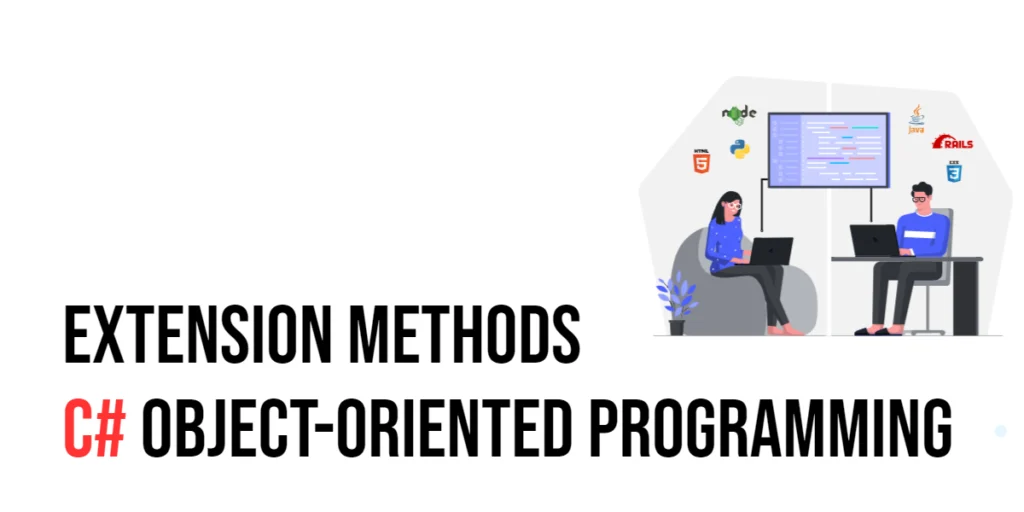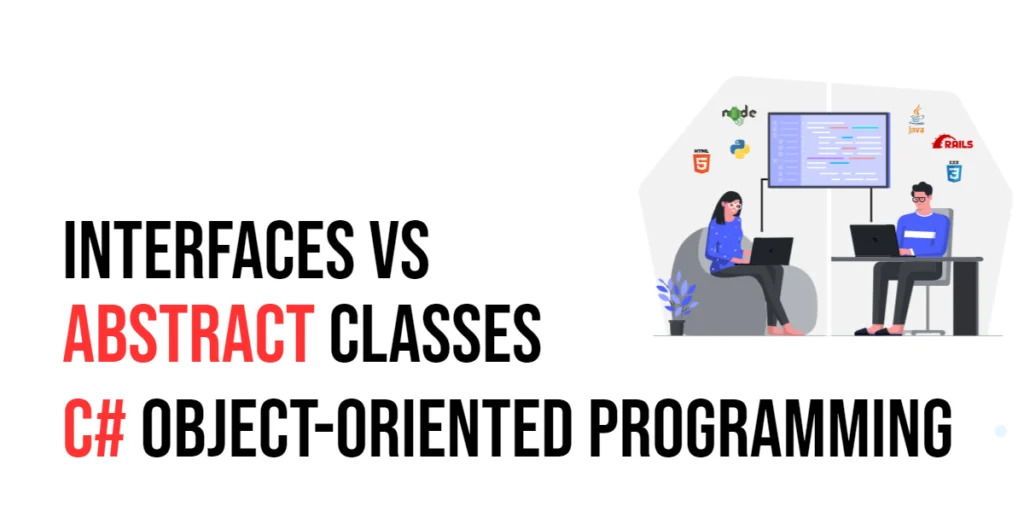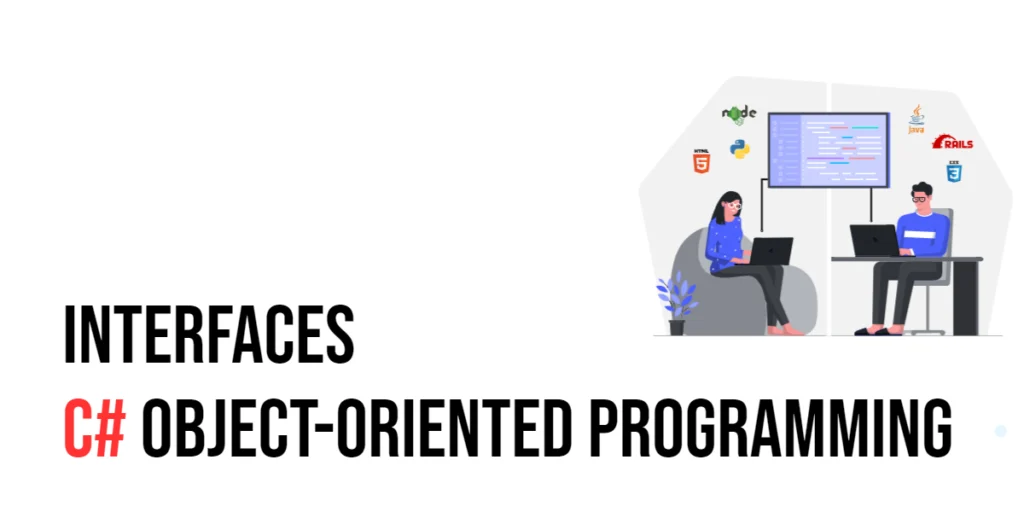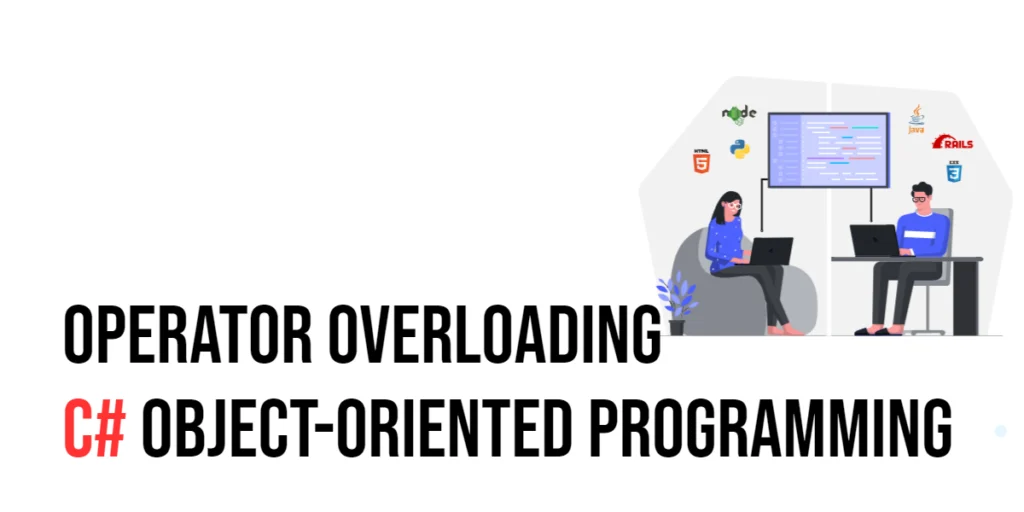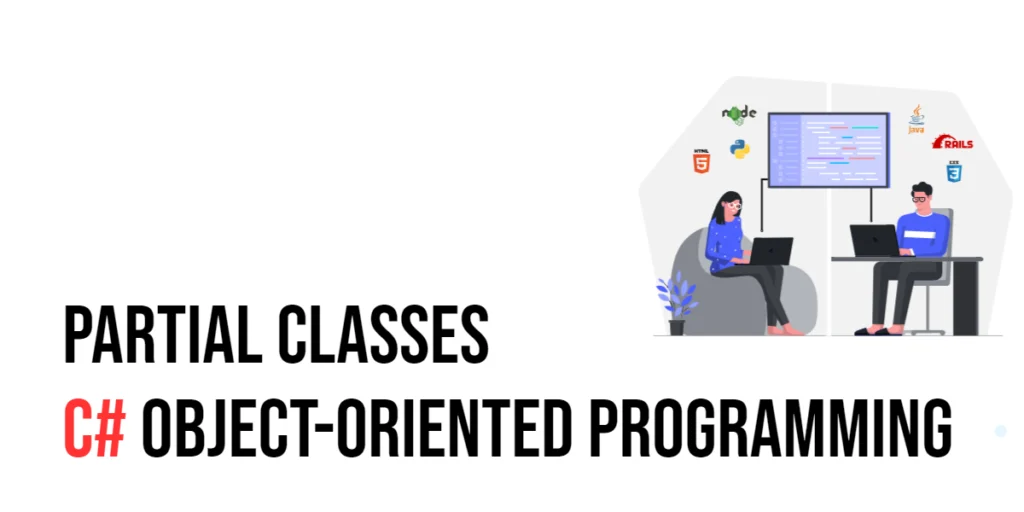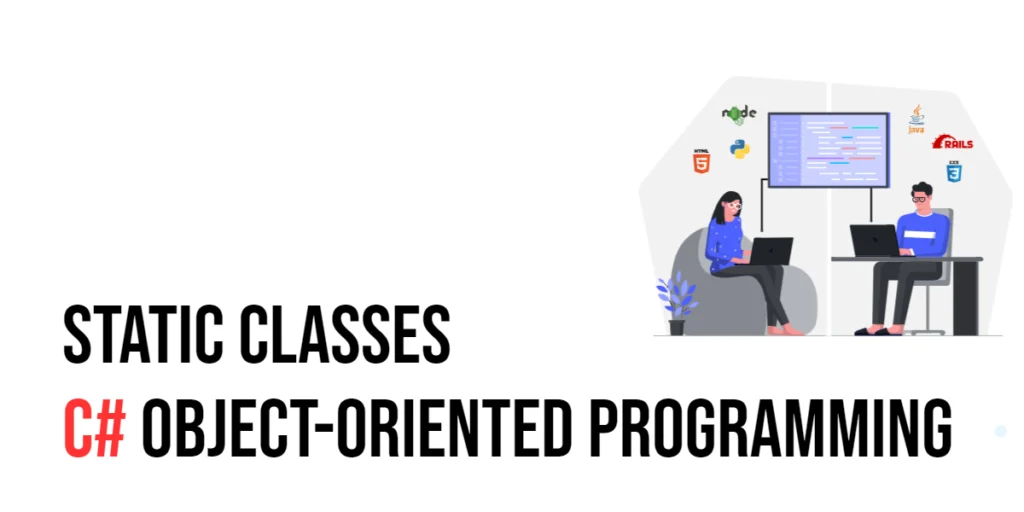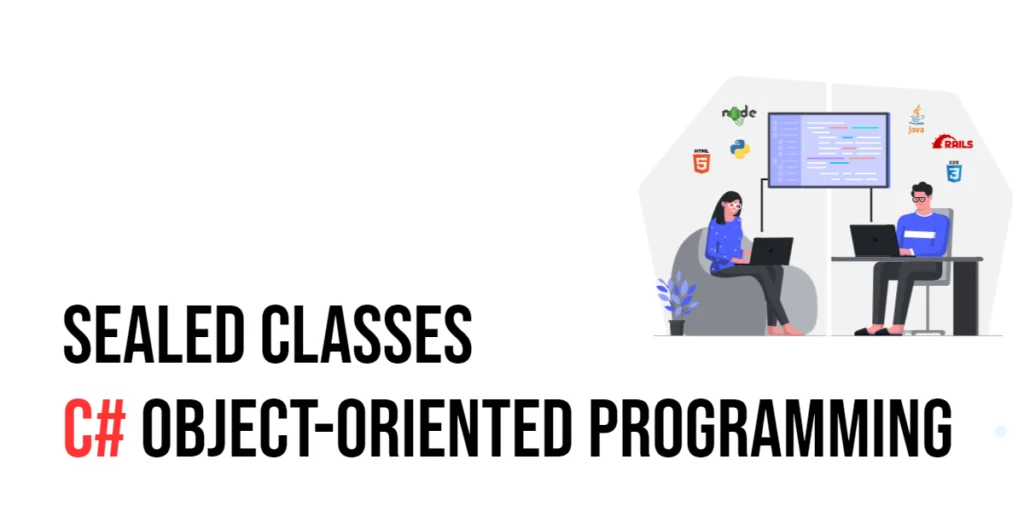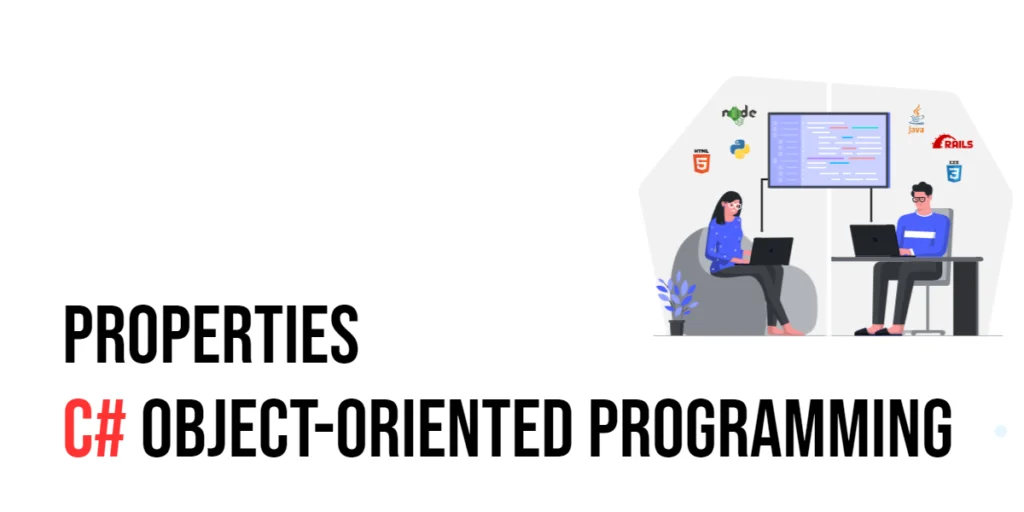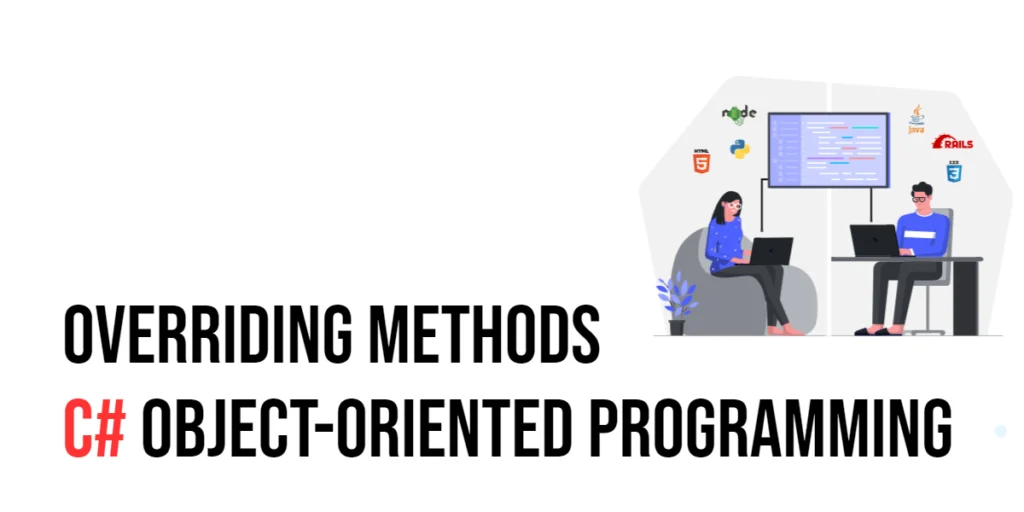C# Object-Oriented Programming: Extension Methods
Object-oriented programming (OOP) with C# provides a solid foundation for crafting well-organized and powerful applications. Within this programming style, one of the most intriguing tools at your disposal is the extension method. This clever feature lets you tack on new methods to existing classes or types without altering the original class structure. Imagine being able […]
C# Object-Oriented Programming: Extension Methods Read More »
